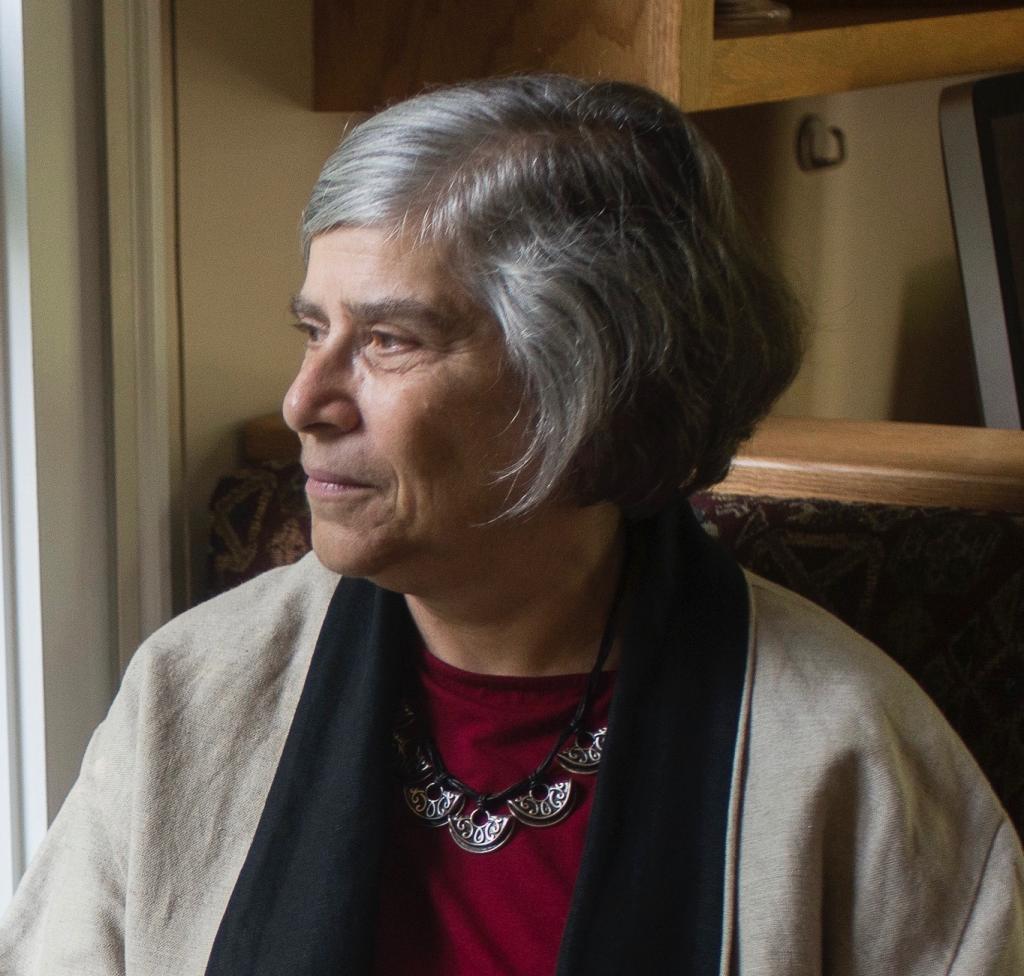The Lawfare Podcast: Is Contact Tracing a Privacy Threat?
Published by The Lawfare Institute
in Cooperation With

Many people are holding out contact tracing as the way we are going to control the COVID-19 epidemic. Once we start opening up the economy again, it involves identifying people who have tested positive for the virus and notifying those with whom they have been in close contact that they are at risk and need to quarantine. It also involves surveillance—electronic surveillance of a type that we are not comfortable with as a society. Can we do it legally? Should we do it? Will it be effective? To work through the do's and don'ts and cans and can'ts of contact tracing, Benjamin Wittes spoke with Josh Sharfstein, Susan Landau, Alan Rozenshtein, Stewart Baker, and Bobby Chesney.











